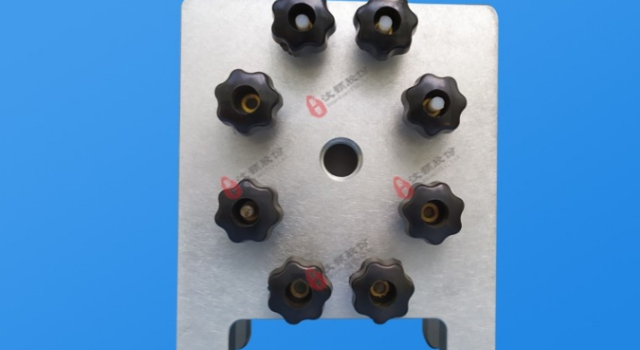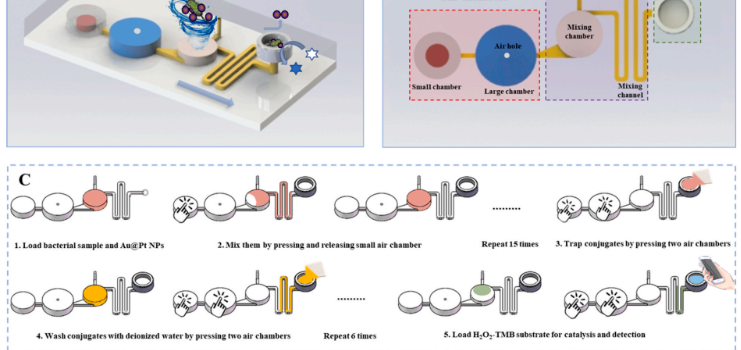
Blog Full-Width-1


Process of Semiconductor photolithography
I. selection of photoresist. There are two basic types of photoresist: positive lithography and negative lithography, the difference is as follows II. Lithography process steps. 1. Clean silicon wafer. Remove contaminants, impurities and particles by chemical cleaning, rinsing and drying to reduce pinholes and other defects to provide photoresist adhesion. 2. Pre-drying and bottom film [...]
Sequencing、biological information query integration
Sequencing、biological information query integration

